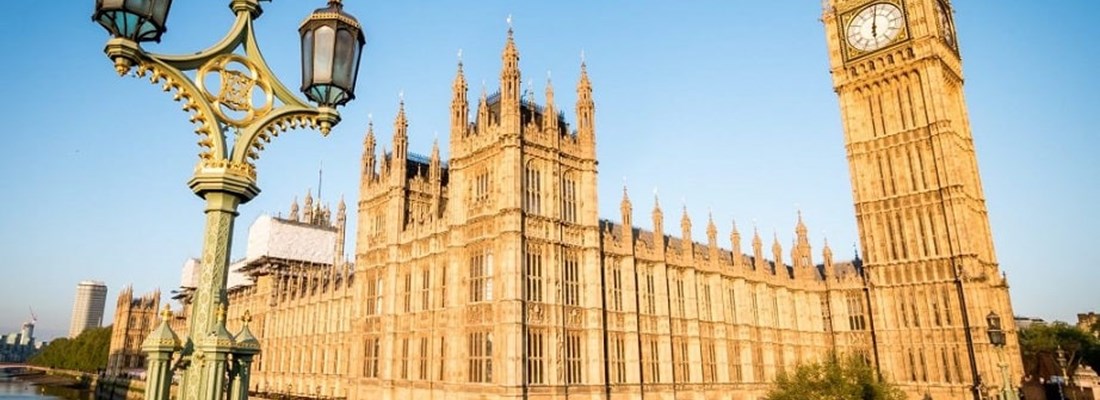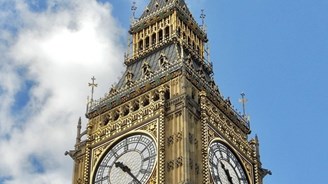Will we see an Emergency Mini Budget this September?

As we move into the final stages of the Conservative Party leadership contest that will determine our next Prime Minister speculation is growing that there will be an Emergency Budget this September.
We will find out on 5 September whether Rishi Sunak or Liz Truss will be the next resident of 10 Downing Street. There is now a growing expectation there will be an announcement soon after and we will see an Emergency Budget this September.
What is an Emergency Budget?
In the normal course of events, the government makes two big fiscal announcements each year. The main announcement is the Autumn Budget, which usually takes place in October or November, while the Spring Statement generally happens in March.
However, the government can make significant, unscheduled fiscal announcements in response to external events or crises. Mr Sunak made a number of such statements, including the Summer Economic Update and the Winter Economy Plan, while serving as Chancellor of the Exchequer during the Covid-19 pandemic.
Now, soaring energy prices are fuelling inflation and the cost-of-living crisis and pushing the need for an Emergency Budget high up the agenda for the new Prime Minister.
However, there are marked differences between the approaches of the two candidates.
Truss’s potential tax cuts
Liz Truss has said she favours helping people through a range of tax cuts, which she claims would then stimulate growth. This would most likely see the 1.25% that was added to national insurance contributions (NICs) earlier this year reversed. Her other proposals include a moratorium on the Green Energy Levy, which currently adds about 8% to domestic energy bills.
Ms Truss’s Emergency Budget could also confirm that the corporation tax increase planned for 1 April 2023 will no longer ahead.
The Foreign Secretary has not ruled out using direct cash ‘hand-outs’ to help families with energy costs, she has made it clear she would rather cut taxes to help families.
Sunak’s targeted support
Conversely, Rishi Sunak has already announced direct payments to households to help with the cost of energy price increases during his time as Chancellor and has a history of using targeted support packages during the pandemic. Mr Sunak has also suggested that further direct support will be needed to help families with energy bills.
The former Chancellor claims that targeted help carries less risk of stoking inflationary pressures in the economy than tax cuts. He promises to maintain the 1.25% increase to NICs and stick to his plan to increase corporation tax from 19% to 25% from April 2023.
However, Mr Sunak has also said the current basic rate of income tax of 20% would be cut to 19% in 2024 and come down to 16% by the end of the next parliament in 2029.
The business case
The UK’s business groups are urging the new Prime Minister’s government to act promptly to support their members through this crisis. The British Chambers of Commerce (BCC) recently said that the government ‘should act and has levers to pull to give vital support to businesses now’.
The BCC says that it should bring businesses’ energy costs down by lowering the VAT rate from 20% to 5%.
The Federation of Small Businesses (FSB) has also said that it wants to see VAT cut on fuel bills and provide support on energy prices for small businesses, as it says its members need ‘concrete help’.
The FSB says that businesses should be included in the price cap and offered relief via discretionary funding, as well as through the business rates system. More widely, it wants to see an overhaul of business rates and an increase to £25,000 in the rateable value threshold for relief (in England).
The Confederation of British Industry (CBI) says the government should announce a business rates freeze now for 2023/24. It also wants to see energy efficiency support for the most energy intensive sectors through an expansion to the Industrial Energy Transformation Fund. The CBI says that ‘decisive action now will give firms headroom on cashflow and prevent a short-term crunch becoming a longer-term crisis’.
Flying blind
Whoever wins the Conservative leadership contest will have to face some difficult financial decisions on taxes and combating the cost-of-living crisis.
However, budgets are by law accompanied by an economic forecast produced by the Office for Budget Responsibility (OBR). Both candidates have now been warned by the Treasury Committee that making an Emergency Budget without one would be ‘flying blind’.
In a letter sent to Chancellor Nadhim Zahawi, Treasury Committee Chair Mel Stride said:
As a committee, we expect the Treasury to be supporting and enabling the OBR to publish an independent forecast at the time of any significant fiscal event, especially where, unlike other recent fiscal interventions, this might include significant permanent tax cuts.
Whether such an event is actually called a budget or not is immaterial. The reassurance of independent forecasting is vital in these economically turbulent times. To bring in significant tax cuts without a forecast would be ill advised. It is effectively “flying blind”.’
Keeping your clients informed
Mercia’s expert team will be watching and analysing all Budget statements made by the government this autumn. We will be providing a range of printed and digital products so you can keep your clients up to date on the changes that affect them.




